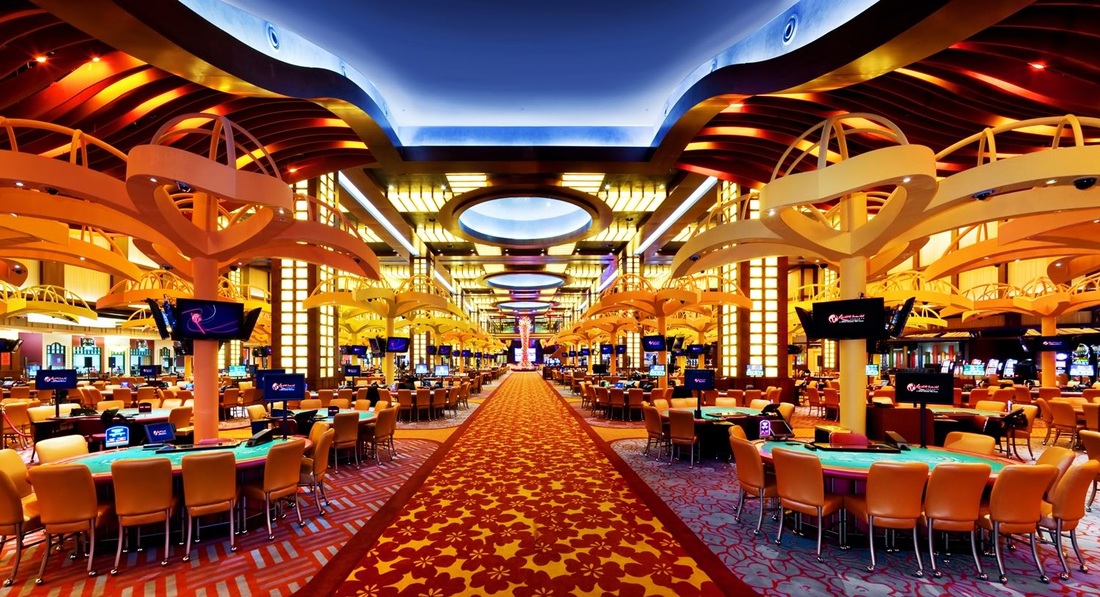How Gambling Games Cater to Different Player Categories

Gambling games have consistently attracted a diverse audience, delivering not only the excitement of risk but also a tailored experience designed for various types of players. Including strategic players who succeed through calculation and skill to more casual gamers seeking entertainment, casinos are aware of the subtleties of their audience and create games that cater to these differing interests.
In exploring the realm of gambling games, we discover a diverse array of game types that interest all types of players. Poker tables with high stakes draw competitive players, while colorful slot machines draw in individuals in search of immediate satisfaction. Whether it’s the chance to win big or simply relishing the social environment, casinos design their game offerings to ensure that everyone finds a spot where they feel welcome and involved. Understanding how these games cater to various player types can enhance not only our enjoyment of them but also our approach to choosing which games to play.
Grasping Player Groups
In the varied world of gambling games, gamers can be categorized into specific kinds based on their drives and choices. These gamer categories range from the casual and social gamers, who enjoy the enjoyment value and interactive engagements that gambling provides, to the more analytical and methodical players, who seek to increase their probabilities and winnings. Grasping these different kinds is essential for casinos to customize their offerings and create engaging environments.
One popular type is the communal player, who views casino games as a form of group interaction and entertainment rather than a serious gambling activity. These gamers often enjoy games that encourage involvement and friendship, such as group-based games. Their emphasis is on the experience rather than the outcome, so dynamic atmospheres and mutual moments are what they hold dear the most.
On the other end of the spectrum, strategic players are driven by contest and the quest of skill. They tend to lean toward games that necessitate strategic thinking and strategy, such as poker, where their skills can affect the conclusion. This type often engages with the games on a more intense level, utilizing insight and strategies to gain an edge. Comprehending these drives allows casinos to build environments and game selections that address to each gamer’s distinct likings.
Game Design Strategies
Casino games are created with varied player types in mind, employing various strategies to draw in and engage them. For casual players, the focus is on simplicity and clarity. Games like slots are frequently aesthetically pleasing with simple mechanics. This allows players to enjoy the experience without a difficult learning curve, fostering an inviting atmosphere. The vibrant hues, engaging audio, and themes create a playful environment where players can quickly get involved and enjoying themselves.
For tactical players who enjoy a more profound level of engagement, games such as Texas Hold’em and 21 offer complexity and skill-based elements. These games feature strategy and decision-making, appealing to players who excel on competition and want to utilize their cognitive abilities. The design of these games often includes intricate rules and mechanics that challenge players to refine their skills and develop strategies over time, creating a rewarding experience for those who appreciate mastering the game.
Furthermore, community-oriented players are considered through games that highlight engagement and community. This includes live casino options and multiplayer formats, which foster a sense of camaraderie among players. The design of these games typically incorporates chat features and communal aspects, allowing players to connect and share experiences. By building an environment where interaction is promoted, casinos can effectively engage social players, making the gaming adventure more enjoyable and unforgettable.
Improving Gamer Satisfaction
Casino games have advanced considerably to create a significantly entertaining environment for gamers. Application designers focus on stunning visuals, dynamic sound effects, and creative game mechanics that engage participants into the gaming environment. By employing technology, such as virtual reality and enhanced reality, betting houses ensure that participants feel as if they are part of a exciting experience, enhancing not just the pleasure of the games but also the overall satisfaction of being in a gambling venue.
Social interaction is another critical aspect in improving gamer experience in gambling games. Numerous games are developed to promote engagement among gamers, whether through multiplayer modes or social tools. This community feature is attractive to participants who appreciate communicating with fellow players while competing, fostering a community vibe community. In addition, community aspects can include leaderboards, tournaments, and prizes for cooperative gaming, which attract competitive gamers and motivate them to return for more.
In conclusion, tailoring plays a vital role in adapting the engagement for different player types. Betting companies and game developers analyze participant habits and preferences to offer personalized gaming recommendations and rewards. By understanding the unique interests of players, casinos can present personalized offers, bonuses, and new titles that satisfy each individual, thus boosting their complete engagement and loyalty to the betting establishment. non GamStop casinos
